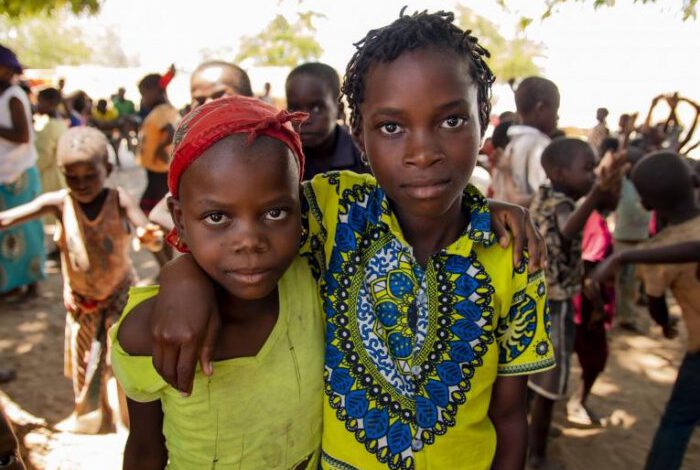
The United Nations’ children’s agency is especially concerned that safe water, sanitation and hygiene services are insufficient to meet the growing needs of children and families in overcrowded temporary accommodation centers and in host communities. These services must be urgently strengthened and expanded to prevent the outbreak of water-borne diseases like cholera and the further spread of COVID-19.
“In less than two years, children and families in Cabo Delgado have faced a devastating cyclone, flooding, drought, socioeconomic hardship linked to the COVID-19 pandemic and conflict,” said UNICEF Executive Director Henrietta Fore. “As conditions in the province deteriorate further – especially with the start of rainy season – water, sanitation and health care systems are under increasing strain. Humanitarian partners on the ground must shore up these services to protect the lives and wellbeing of the region’s children.”
Health conditions like diarrhea, which are easily prevented and treated, can be deadly for displaced children without access to safe water and adequate sanitation. This is especially true for children suffering from malnutrition.
Weather-related disasters and conflict over the past two years have contributed to food insecurity and hunger across Cabo Delgado. Two out of every five children in the province are chronically malnourished and more cases of severe acute malnutrition are being detected amongst the displaced population.
UNICEF is expanding its water and sanitation response and supporting mobile health teams. These teams visit communities and accommodation centers to screen children for their nutritional status, provide lifesaving treatment with therapeutic food for severe cases, and refer children with medical complications to the nearest health center. Mobile health teams also provide regular healthcare to women, mothers and children, ensuring that key services such as antenatal care and standard vaccination cycles are observed.
Displaced children are especially vulnerable. Some may have lost contact with their families or find themselves in high-risk situations that can expose them to physical and psychological violence. Many children have witnessed or experienced extreme violence or even lost close family members to brutal killings and abductions. They need a comprehensive protection response including psychosocial support after experiencing such traumatic events.
UNICEF and its partners are running child friendly spaces where displaced children can enjoy activities in a safe and secure environment, while trained facilitators can identify those who need more specialized care. There is an urgent need to expand the network of trained case workers who can visit surviving children and their families at home to offer psychosocial support and referrals to protection and social services.
In 2021, UNICEF is appealing for US$52.8 million to respond to the most urgent humanitarian needs in Mozambique, including US$30 million as part of the Humanitarian Response Plan for Cabo Delgado.







